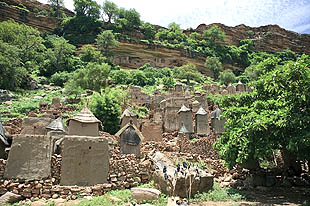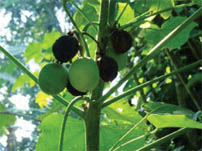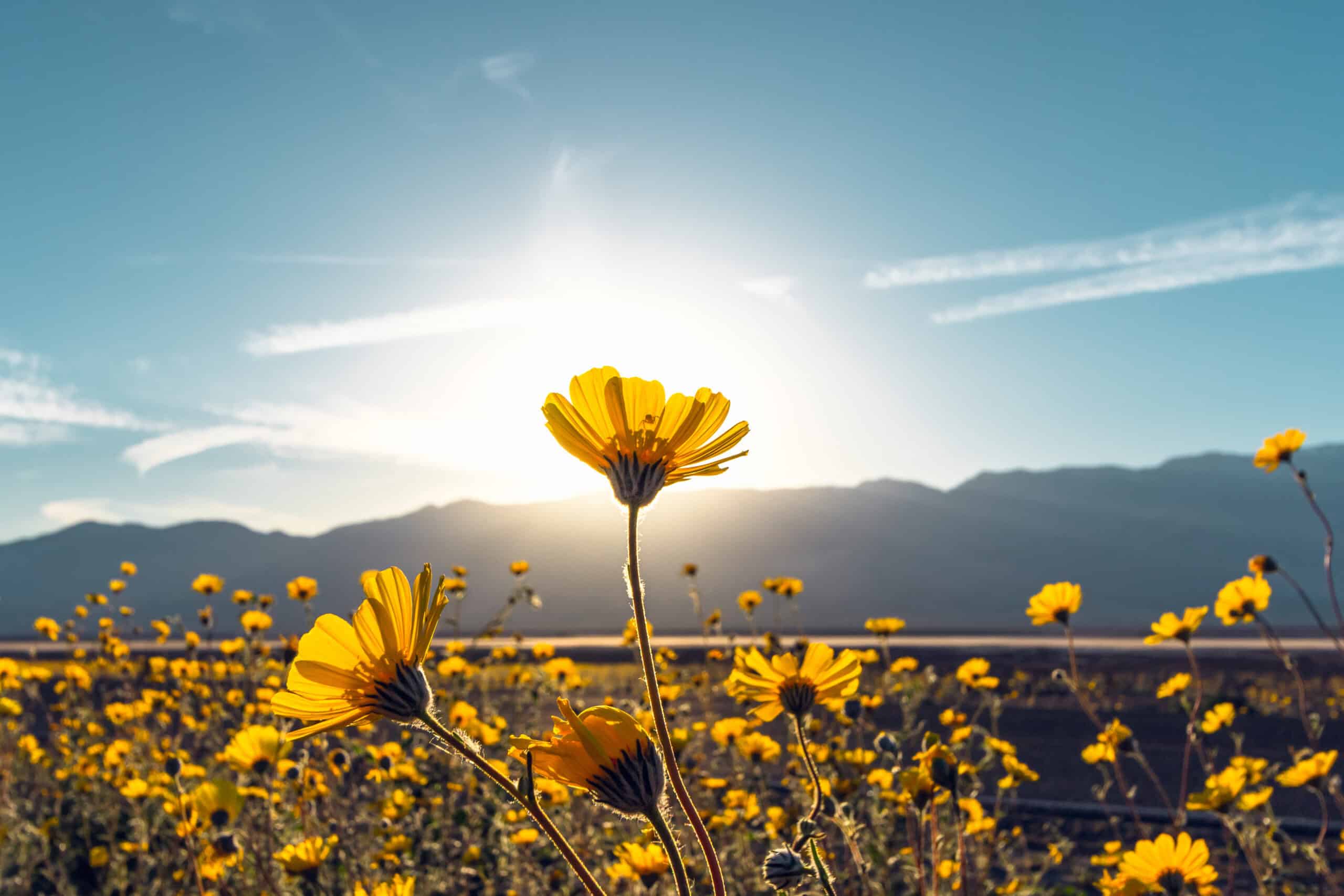
The jatropha plant comes from Central America, but with the help of humans has spread to countries around the world, including India, China, and the Philippines. There it is grown on huge plantations with marginal success. In Mali a different approach has proved to be a good fit for the people and the jatropha. For decades, farmers have used the plant as a living fence to protect their food crops from grazing animals. The smell and taste of jatropha repels animals that get too close. Because it requires little care and can grow on barren rocky ground, it does not compete with the food crops that need more nutrients. And, just as it protects crops from cows, jatropha also guards the fields from harsh desert winds that can erode rich topsoil.

The success in Mali is in large part due to economists from Holland and Germany working in the country specifically to stem the exodus of people from the farms to the cities. As one economist explained, they are using a new model for international aid that does not encourage dependency but rather leads to self-sufficiency. In Mali, they see a new breed of entrepreneurs who will use the income and the momentum from their successful biofuel enterprises to propel them forward.
The villagers now have a better understanding of markets and the vision to look for new opportunities. When the nonprofits and government agencies pull up stakes and go home, Mali villagers can continue to progress.


